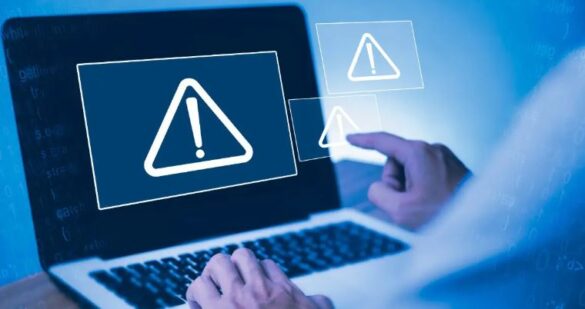A touch screen is essential for interacting with smartphones, tablets, and other devices. When it becomes unresponsive, it can disrupt daily tasks. Causes range from software glitches to hardware damage, and knowing the root cause is crucial for effective solutions.
Common Causes of Unresponsive Touch Screens
Software Glitches
Temporary software bugs or apps can interfere with touch screen functionality.
Dirty or Wet Screen
Dust, grease, or moisture can prevent the screen from registering touches properly.
Hardware Damage
Physical damage from drops, pressure, or manufacturing defects may impair touch sensitivity.
System Overload
Too many running apps or low device memory can slow down the system, affecting touch responsiveness.
Effective Solutions
Restart Your Device
A simple restart can resolve temporary software glitches and restore touch functionality.
Clean the Screen
Use a soft, lint-free cloth to clean the screen. Ensure it’s dry and free from oils or debris.
Remove Case or Screen Protector
Some cases or poorly fitted screen protectors can interfere with touch sensitivity. Remove them and test the screen.
Update Software
Ensure your device is running the latest operating system and apps, as updates often fix bugs affecting touch performance.
Perform a Factory Reset
If software issues persist, backing up your data and performing a factory reset can restore functionality.
Check for Hardware Damage
If none of the above solutions work, the touch screen may be physically damaged. Consult a professional repair service or authorized center.
Preventive Measures
-
Avoid excessive moisture or heat exposure.
-
Use high-quality screen protectors.
-
Regularly update software and apps.
-
Handle devices carefully to prevent drops or impacts.
Conclusion
An unresponsive touch screen can be caused by software glitches, physical damage, or environmental factors. By following troubleshooting steps—restarting, cleaning, updating, or resetting—you can often restore full functionality. For persistent hardware issues, professional repair is recommended.





